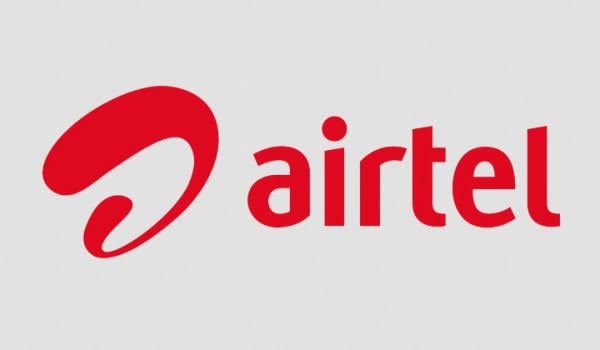Airtel Africa Plc has posted a revenue growth of 3.49 million dollars for the nine months ended Dec. 31, 2021.
This is contained in a statement by the Chief Executive Officer, Mr Segun Ogunsanya, made available to the News Agency of Nigeria (NAN) on Friday in Lagos.
According to Ogunsanya, the revenue represented a growth of 21.7 per cent when compared with 2.87 million dollars recorded in the comparative period of 2020.
He said that the result was the effective execution of company’s strategy across all its regional segments and key services.
Ogunsanya said the underlying revenue in constant currency grew by 24.8 per cent, revenue in Nigeria grew by 29.0 per cent, East Africa by 24.4 per cent and Francophone Africa rose by 19.0 per cent.
“We continued our strong double-digit growth across all key services: our voice revenue grew by 16.1 per cent, and both data revenue and mobile money revenue grew by 37.2 per cent and other revenue by 22.0 per cent.
“As a result, mobile services revenue grew by 23.3 per cent in constant currency (20.7 per cent in reported currency) and mobile money services revenue grew by 37.2 per cent (39.6 per cent in reported currency).
He said the year-on-year constant currency revenue growth rate for Q3’21 of 20.0 per cent was lower than the nine months growth rate of 24.8 per cent primarily due to softer comparatives in the first quarter of the prior year during the peak period of COVID-19 related restrictions across the region.
“A strong third quarter has contributed to a pleasing nine-month financial performance across all key metrics.
“Operationally, we have continued to execute on our network and distribution expansion plans, driving continued strong growth in ARPUs across voice, data and mobile money.
“We have also seen further improvement in our customer growth trends for the Group with Nigeria returning to strong customer growth after a period affected by the implementation of ‘know your customer’ requirements, posting 1.9 million net additions in the third quarter, taking total Group customer additions to 3.1 million.
“I am particularly pleased with developments in Nigeria, when in November we received approval in principle for both a payment service bank (mobile money) licence and a super-agent licence.
“We are now working closely with the Central Bank to meet all its conditions to receive the final operating licences and commence operations.
“This will enable us to expand our digital financial products and reach the millions of Nigerians that do not have access to traditional financial services.
“We continued to strengthen our balance sheet, with our leverage ratio now 1.4 times underlying EBITDA, thanks both to continued increases in operating cash flow delivery and to over 550 million dollars of cash that has now been received from minority investments into our mobile money business,” he said.
Ogunsanya added that the company would continue to invest in expanding and evolving its platform to further deepen both financial and digital inclusion across Africa.
“I continue to see huge growth potential across voice, data and mobile money and our strategy is delivering against this opportunity.
“Our sustained investments in both network and distribution expansion will help to ensure that both the communities and economies across our footprint will continue to benefit from increased and affordable connectivity and financial inclusion.
“We are committed to continue to improve the delivery of our services to our customers, with sustainability at the heart of our continued purpose to transform lives across Africa
“Net finance costs were lower compared with the previous period driven by lower forex losses.
“The increase in tax charges of 129 million dollars was due to higher operating profit and withholding tax on dividends by subsidiaries, with the prior period also benefitting from 14 million dollars deferred tax credit recognition,” he said.
Ogunsanya said the company’s basic Earnings Per Share (EPS) improved to 11.7 cents and EPS before exceptional items improved to 11.5 cents, with higher profits more than offsetting the associated increased tax.
“Our balance sheet has also been further de-risked by continued localisation of our debt into the OpCos,” he added.
